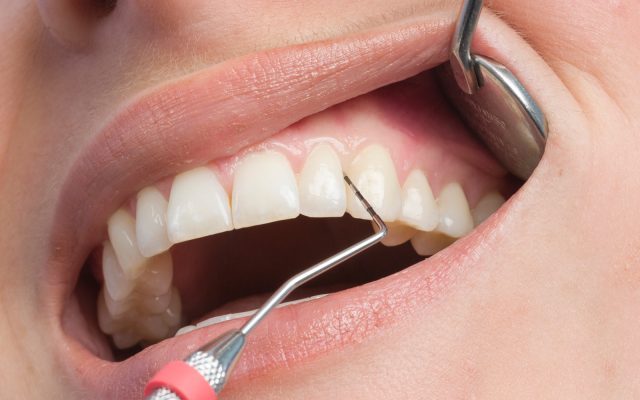Expert dentist and dental clinic in Marrakesh and Morocco

Gum disease, also known as periodontal disease, is a bacterial infection of the gums and the tissues that support your teeth. They are most often caused by the buildup of bacterial plaque and tartar when teeth are not brushed regularly or due to poor oral hygiene.
There are two major stages of periodontal disease: gingivitis and periodontitis.
Gingivitis as its name suggests only affects the gums. It is a mild form of periodontal disease. If treated well, it is reversible. Untreated, gingivitis turns into periodontitis. During this more destructive phase of the disease, the bacteria enter the deep tissue pockets, bones and supporting membranes of the teeth. Periodontitis can lead to tooth loss and serious health problems later. Research shows that almost half of young people over the age of 30 suffer from mild, moderate or severe gum disease. This is the main cause of tooth loss in later adulthood. It is also possible to have gum disease without experiencing any symptoms. The best way to avoid or manage these gum diseases is to practice good oral hygiene and visit your dentist regularly.